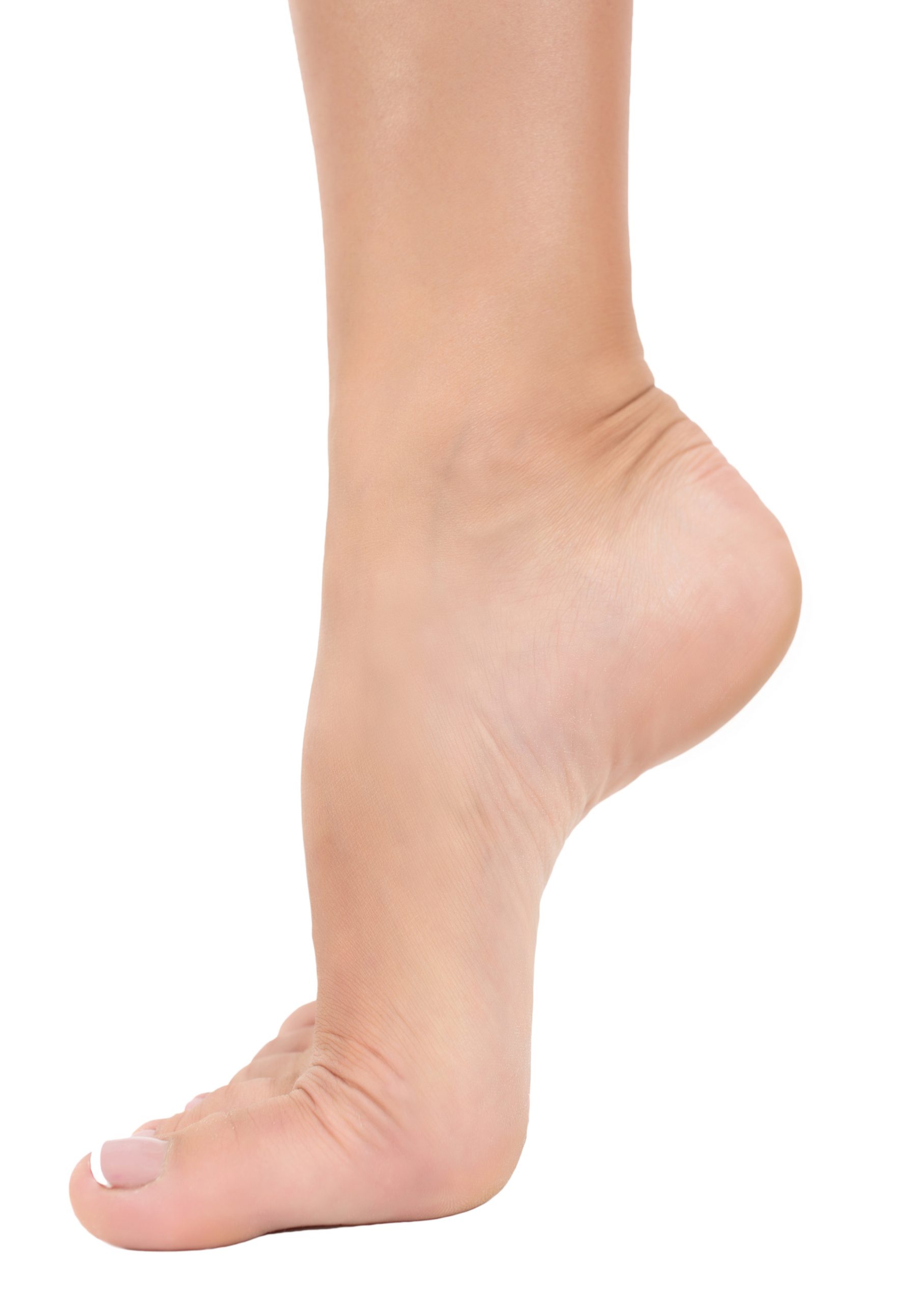High Arches in Adults and Children (Pes Cavus)
People have an arch that runs along the inner side of our feet, creating a gap between your foot and the floor. High arches refer to when a person has an arch which is higher than usual. This can cause the foot to be more rigid with less movement, which can result in more stress being placed upon it and therefore requiring more support.
Babies are born with flat feet and arches typically develop when they are 3 to 4 years old. High arches are not usually seen in young children and can develop in early adolescence. While high arches may not cause a problem, they can, in some cases, progress into a variety of painful or potentially problematic conditions. If you have concerns about high arches for yourself or your child, you should see an experienced podiatrist.
Rachel Miller is a highly experienced podiatrist who sees many adults and children with high arches. Please see below if you want more detailed explanation of high arches.
Call 020 8348 5553 to make an appointment
High Arches in Adults and Children
Symptoms experienced with a high arch
Pes cavus, high arches, can affect you differently depending on how high your arch is, its underlying causes and associated symptoms. It can be characterised by a more rigid foot with less movement, prone to more stresses therefore necessitating more support. The stress and the extra pressure resulting from high arches can cause a wide variety of symptoms and conditions that may develop in either one or both feet. Shoes giving the right comfort and support can be difficult to find for children and adults with high arches.
Athletes with high arches should pay extra attention to their lower limbs as pes cavus is not the most efficient foot structure for absorbing shock. Feet with a raised midfoot can suffer more overuse injuries, such as stress fractures. The high arched foot tends to roll outwards (supinate) and, as it rolls through step, there can be foot instability with the increased risk of ankle sprains and other conditions. See the Ankle injury page for more detailed information.
Symptoms and issues linked to high arches can include:
- foot, ankle, knee, hip or back problems
- recurrent ankle sprains
- calluses on the ball, heel or side of the foot
- toes that are bent (hammertoes or claw toes)
- Achilles tendonitis
- metatarsalgia, pain in the ball of your foot
- stress fractures
Causes of high arches
The causes of high arches can be complex and are not well understood. Reasons for high arches can include:
- a muscle imbalance in neuromuscular disorders
- the effects of a congenital condition
- an inherited structural abnormality
- the tightening of the plantar fascia
- the shortening of the Achilles tendon
- an injury
- an unknown cause
High arches can be part of such conditions as:
- Charcot-Marie-Tooth disease
- spina bifida
- muscular dystrophy
- cerebral palsy
Treatment of symptoms experienced with high arches
Determining the underlying cause of high arches is important. While high arches may not always cause problems, treatment becomes necessary if pain is present or if there is the risk that the condition could progress and cause future problems. A biomechanical assessment by an experienced podiatrist can provide an accurate diagnosis to assist in treating the symptoms associated with high arches.
A comprehensive medical assessment will include a review of your medical history, visual clues, as well as testing your muscle strength while walking and standing. Please bring shoes to a biomechanical assessment, as signs of wear may help with the diagnosis. For more information about biomechanical assessments see the Biomechanics page and for biomechanic assessments for children see the Children’s page.
Treatment can include:
- advice on suitable foorwear
- stretching exercises tailored for you or your child’s needs
- an orthotic insole
One aim of the assessment is to consider how weight is distributed across the foot, and you may be prescribed a bespoke orthotic insole as part of your treatment plan. A bespoke orthotic insole may help reduce stresses by redistributing pressure across the foot, increase stability by conforming closely to the arch profile, as well as supporting and cushioning the foot.
Contact the clinic for an appointment on 020 8348 5553
Rachel Miller is a highly experienced podiatrist who sees many adults and children for pes cavus, high arches, at her clinic, Highgate Podiatry, in Highgate Village, 14 Pond Square, N6 6BA, London. Clinics are held every Sunday, Wednesday and Thursday. Please contact the clinic for an appointment on 020 8348 5553. For the clinic’s address, map and directions see the Contact page.
Conditions that can benefit from a biomechanical assessment include:
- Heel pain
- Ankle injuries
- Metatarsalgia
- Sports injuries
- Bunions
- Plantar fasciitis
- Hypermobility
- Flat feet
- High arches
- Achilles tendinopathy
- Overuse injuries
- Knee pain
- Back pain
- Sprained ankles
- Stress fractures
- Tarsal tunnel syndrome
- Morton’s neuroma
- Heel pad syndrome
- Haglund’s deformity
- Hammer toe and mallet toe
- Sever’s disease
- Patellofemoral pain syndrome
- Patella tendinopathy
- Osgood-Schlatter disease






